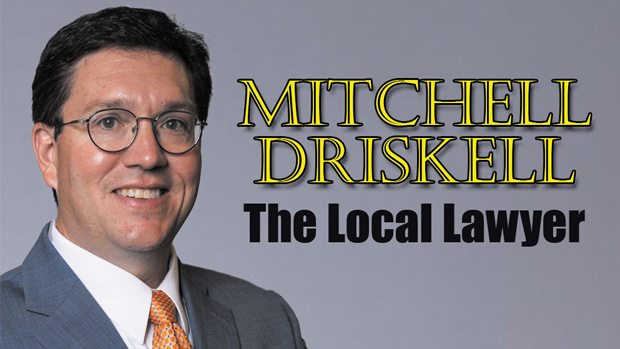
The Atlanta spa shootings have again raised questions about hate crime laws and why, in many cases where bias or racism appears obvious, law enforcement is reluctant to charge hate crimes.
Last week, a deranged man was charged with shootings at three Asian spas where eight people died, including six Asian women. Atlanta Police said they would not rule out hate crime charges, but early investigation showed that the shooter may have been motivated by revenge against people he believed worked in the sex industry and who he wrongly perceived to be responsible for his sex addiction. That motivation, as evil as it is, would not support hate crime charges, law enforcement explained.
All states (except Arkansas, South Carolina, and Wyoming) and the Federal government have hate crime laws. A hate crime is not a stand-alone crime. A hate crime is some other criminal act (assault, killing, vandalism, harassment) that is motivated by bias against the victim’s race, gender, age, or religion. The FBI defines a hate crime as a criminal offense “motivated in whole or in part by an offender’s bias against a race, religion, disability, sexual orientation, ethnicity, gender, or gender identity.”

To be charged as a hate crime, attacks must be directed at individuals because of the prohibited bias. The bias must cause and be the reason for the attack, it cannot be a secondary, side issue. That bias must be the cause-in-fact of the crime. Hate crime classification is about “why” the victim was targeted and punishes the motivation for the underlying crime. The standard criminal law provides punishment for the underlying act (the murder, the assault), and the perpetrator will face those standard penalties with or without calling the attack a hate crime. When the attack is called and proven to be a hate crime, the perpetrator faces additional, “enhanced” penalties, meaning he or she will stay in prison longer, perhaps for life.
Charging a hate crime presents additional layers of complexity to what may otherwise be a straightforward case. The prosecutor must convince the jury that the victim was targeted specifically because of their race or other protected characteristic, and bias motivation can be hard to prove. Commentators disagree about the reasons, but it is a fact that hate crimes are rarely charged.
In many circumstances, law enforcement has a clear-cut case they know they can easily prove, and which will send the perpetrator, racist or not, to prison for decades under the standard law, and they choose not to pursue hate crime charges under theories that hate crime charges are not necessary, will only complicate the prosecution, might be impossible or difficult to prove or under time and budget constraints. Law enforcement often feel that they do not have time to psychoanalyze the attacker, especially when his guilt is clear, and the standard law will put him away for a long, long time. And often the motivation evidence is unclear.
For example, in the Atlanta attacks, the shooter targeted one business named Young Asian Massage. Prosecutors can use that name to prove Asian targeting, while the defense could use that name to claim he was targeting an illicit massage parlor. The traditional hate crime evidence has been the use of racial slurs during the crime, and more recently, the perpetrator’s social media history.
Mississippi’s hate crime law is similar to the federal law quoted above. Under Mississippi law, penalties can be doubled, five years can turn into ten, twenty years can turn into forty, and so on. In hate crime trials, the jury is not told that the case is being treated as a hate crime. If the defendant is convicted of the underlying crime, then a second trial is held to determine if the defendant “maliciously and with specific intent committed the offense because the victim was in the protected class.”
If the crime occurred for other reasons, such as monetary gain, revenge, personal animus, then it is not a hate crime, and the tough part for prosecutors is that motivation is largely in the head of the perpetrator, and the perpetrator, once convicted of the crime, can usually show a non-bias reason in the second phase of the trial where guilt is not an issue and he is just trying to avoid enhanced punishments.
Federal hate crime laws include protections for the LGBT community. In fact, the first-ever hate crime against a transgender person was prosecuted in Mississippi. A Latin Kings gang member admitted beating his transgender partner to death with a hammer because he was scared his gang friends would find out about the relationship. He was sentenced to life and an additional 49 years under Federal hate crime law. Mississippi’s law does not apply to crimes motivated by bias against sexual orientation, gender identity, or disability. In 2019, two bills were introduced in the Mississippi legislature to address this lack of protections, but the bills were not brought up for a vote. South Carolina is in the process of adopting a hate crime law, but its legislature just removed sexual orientation from the proposed protected classes.
Mitchell Driskell has been an Oxford lawyer for twenty-one years. He practices criminal law, family law, business transactions and civil litigation. Email him mdriskell@danielcoker.com. Follow him on Instagram @mdriskell, twitter @MODIIItweets and on Facebook.

